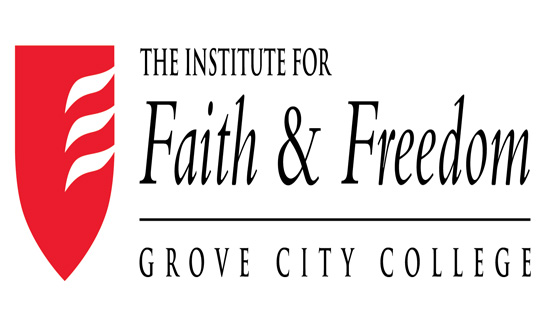Establishment Ignores GOP Grassroots at Thsir Peril
Thirteen months ago, Pennsylvania Republican State Committee Chairman Rob Gleason published a self-congratulatory op-ed, in which he wrote:
"[T]he Republican Party is ready to reinvigorate its strategy to compete in critical elections in 2014 and 2016. Thanks to the thousands of activists who share the Republican vision of limited government, the GOP still is … the dominant party in statewide politics. We control the governor’s mansion; have strong majorities in the state House and Senate; serve in one of two U.S. Senate seats; have a 13-member congressional delegation … and control 51 of 67 county courthouses.
"It’s clear that Pennsylvania is not only a swing state, it is a red state. And we will continue to look … for new and innovative ways to expand and engage our base of support."
The GOP had made gains in Pennsylvania, but Gleason gave himself and the Party too much credit.
In a two party system, the "out" party is the only refuge for an alarmed citizenry. It’s usually a mistake for a hidebound establishment in either party to assume that success is more attributable to their own political brilliance and campaign strategies than to the overreach and excesses of the other side.
That’s exactly the mindset which changes and improves nothing, least of all governance.
Here’s the Pennsylvania GOP’s 2012 "winning" strategy in a nutshell: National Democrats scared the daylights out of enough Pennsylvanians to partially overcome the Republican registration disadvantage, but not enough to win Pennsylvania’s electoral votes.
Realistically, when only partially-successful results come primarily from the other side’s abuses and miscalculations, no party has cause to be reassured or self-congratulatory.
The political pendulum swings both ways. History suggests that, eventually, Republicans will bungle things, too, at which point the pendulum will swing again.
To his credit, Gleason highlighted an amorphous group which produced the results of which he’s so proud: "thousands of activists."
One assumes he means the energized conservative grassroots organizations the party is now attempting to suppress, scuttling his pledge to seek "new and innovative ways to expand and engage our base of support."
Pennlive’s Feb. 18, online edition featured a supercilious column by Dwight Weidman, chairman of the Franklin County Republican Party and a member of the Pennsylvania Republican State Committee which Rob Gleason chairs.
In it, Weidman characterized the grassroots organizations which Republicans need to be successful as an "extreme right-wing fringe," using "ugly tactics… better suited to the Third Reich than to America."
Mr. Weidman, if you willingly, loathsomely, imply that conservative Americans lawfully expressing their policy preferences are Nazis, what words do you reserve to describe Adolph Hitler, Josef Goebbels and the rest of that murderous lot?
Sadly, Weidman’s beef-witted contribution to GOP "unity" was only marginally worse than some uttered by other establishment Republicans who apparently believe that public alarm over Obamacare will be enough to win a Senate majority without grassroots support.
"Who else they gonna vote for?" Isn’t that right, Mr. Weidman?
Control of the process, especially primaries, is an all-consuming party objective, but, when institutional Republicans attack the grassroots base – and that’s exactly what’s happening – it has a negative, toxic effect.
The conservative base has little trust in a GOP establishment willing to abandon traditional Republican values while awaiting their turn at controlling – and squandering – the public fisc.
If, betrayed by the establishment, the grassroots stay home in 2014, what should be a Republican wave election, won’t be.
Among other benefits, a GOP Senate would be critical in case of a Supreme Court vacancy, so insulting the voters Republicans need to take a Senate majority is utterly asinine.
The party asks conservatives for cash. It asks them to work on campaigns and vote. But, after electing GOP candidates, conservatives are told to push off. The conservative grassroots feel, justifiably, that the GOP establishment has been faithless.
Democrats messed up, so, in effect, some 2012 Pennsylvania Republican candidates ran successfully on a platform of "Not them."
Fine, but, if we’re to believe that establishment Republicans are "Not them," who are they, really?
In a two-party system, the only way conservatives can restore our government is to first reform the Republican Party. The party understands that a critical grassroots mass is a game-changer. That’s politics. That the GOP establishment is resisting reform suggests that they are complicit in Washington’s governmental malfeasance.
What do establishment Republicans truly stand for, but, more importantly, how will they prove it – or have they?





